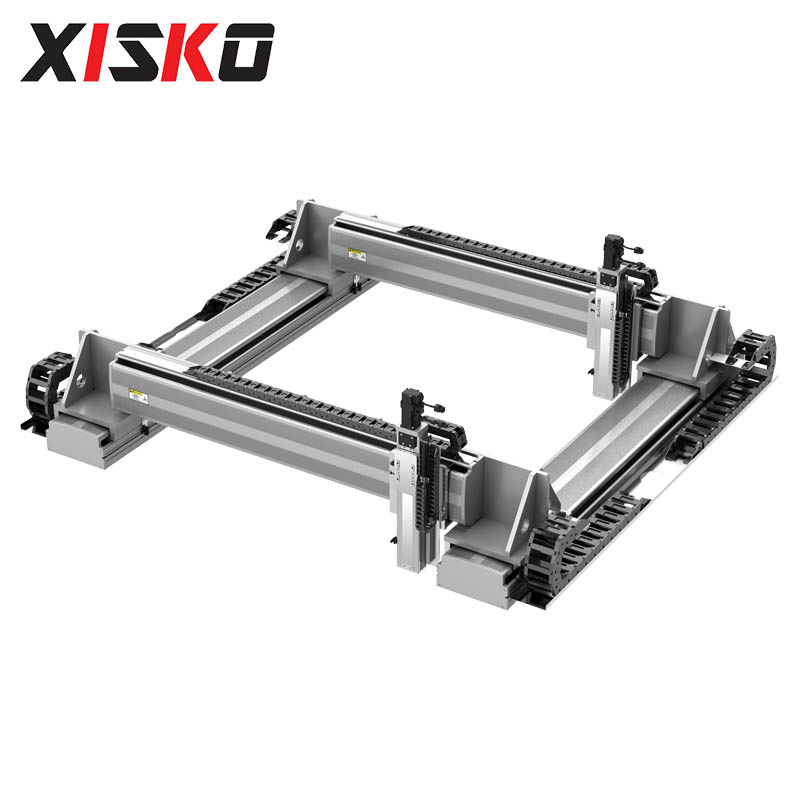

Which is better, linear motor or stepper motor
Linear motors and stepper motors each have their unique advantages and applicable scenarios, so it cannot be simply said which is better. Here is a detailed comparison between the two:
1、 Accuracy and positioning capability
Linear motor: Theoretically, it has higher accuracy because linear motors have no transmission components, no mechanical clearances, and high rigidity. This gives linear motors an advantage in achieving high-precision and high
speed linear motion.
Stepper motor: It also has high positioning accuracy and is suitable for precise positioning control. Although its accuracy may be slightly lower than that of linear motors, stepper motors have advantages in simple control and low
cost.
2、 Sports characteristics
Linear motor: capable of directly generating linear motion, with high positional accuracy, more cost saving, stable and reliable, and easy operation and maintenance. In addition, linear motors also have advantages such as high
starting thrust, high transmission stiffness, and fast dynamic response.
Stepper motor: precise positioning, rotation, and stopping are achieved by controlling the current of each phase. The stepper motor outputs a larger torque at low speeds, but a smaller torque at high speeds. In addition, there may
be synchronization loss (out of step) issues with stepper motors, which require appropriate control to avoid.
3、 Price and Application Scenarios
Linear motor: The price is relatively high due to its complex structure and high requirements for control technology. Linear motors are suitable for scenarios that require high-speed, high-precision linear motion, such as semiconductor
processing, printing, display manufacturing, and other industries.
Stepper motor: relatively low price, simple structure, easy to control. Stepper motors are suitable for precision positioning control, small and medium-sized machine tools, and applications with low speed accuracy requirements. In
addition, stepper motors are commonly used in fields such as radar, instrumentation, home appliances, and safety monitoring.
4、 Other considerations
Heat dissipation and efficiency: The heat dissipation conditions of linear motors may be poor, which limits their application in high-power situations. Meanwhile, the efficiency and power factor of linear motors may be lower than those
of rotating motors of the same capacity. Although stepper motors have lower efficiency, the problem of heat generation is relatively easy to solve.
Control complexity: The control of linear motors is relatively complex, requiring high-precision control systems to achieve stable and reliable operation. The control of stepper motors is relatively simple, without the need for feedback
circuits to return the position and speed information of the rotating shaft.
In summary, both linear motors and stepper motors have their own advantages and disadvantages, and the choice of motor depends on the specific application scenario and requirements. In situations where high-speed and high
precision linear motion is required, linear motors may be more suitable; In situations that require precise positioning control, low cost, and simple control, stepper motors may be more suitable.
Recommended reading for related articles: Linear motors are generally divided into several types
Tel
